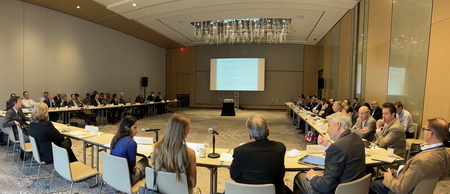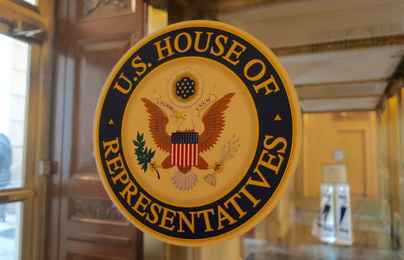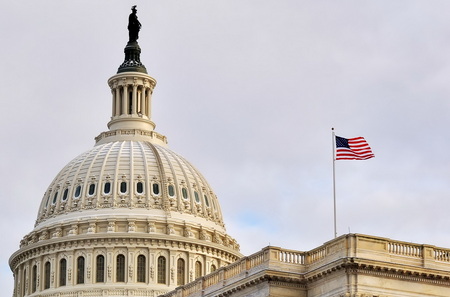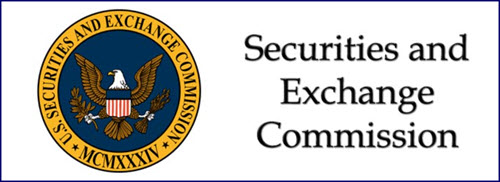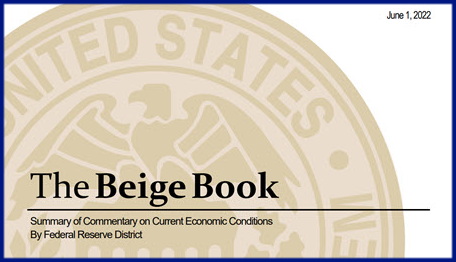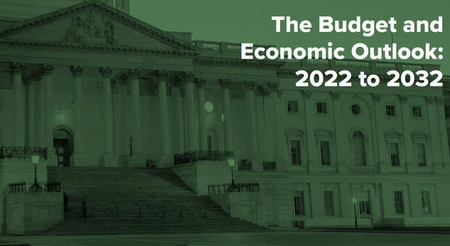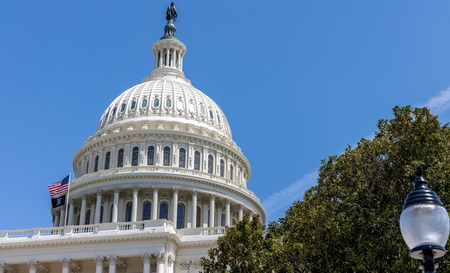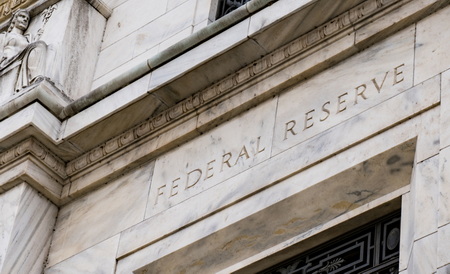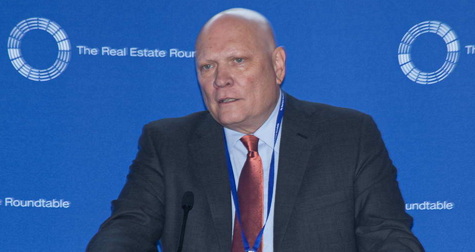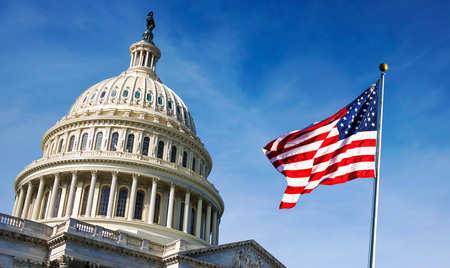
This week, Congress passed the first major federal gun safety legislation in three decades and sent the bipartisan compromise to President Biden for his expected signature. The Senate passed the Bipartisan Safer Communities Act last night with a filibuster-proof 65-33 vote, which included the support of 15 Republicans and all Democrats. The House passed the measure 324-193 today. (Axios, and POLITICO, June 24)
Measures in the Bill
- Senators Chris Murphy (D-CT), John Cornyn (R-TX), Kyrsten Sinema (D-AZ), and Thom Tillis (R-NC) reportedly took the lead in negotiating the compromise. (POLITICO June 23 | Section-by-Section bill summary | 80-page legislative text)
- Murphy’s website and the Associated Press outlined the legislation’s measures, which would:
- Enhance background checks for gun buyers under 21 years old.
- Close the “boyfriend loophole” to prevent any individual subject to a domestic violence restraining order from owning a gun.
- Provide incentives for states to create “red flag” laws intended to keep weapons away from individuals who are deemed to be a danger to themselves or others.
- Create criminal penalties for straw purchases and gun trafficking.
- Provide approximately $13 billion for school safety, mental health, and crisis intervention programs. (POLITICO, June 24)
Roundtable Response

- Roundtable President and CEO Jeffrey DeBoer issued a statement last month in the wake of the recent tragedies in Uvalde, TX and Buffalo, NY, calling for Congress to “set politics aside” and pass legislation to “remove weapons of war from America’s cities and communities.” (Roundtable Weekly, May 27).
- After Congress passed the Bipartisan Safer Communities Act today, DeBoer stated, “This new law is an important step forward. It is not as strong as many would like, but it does break years of legislative stalemate and should help reduce gun violence and enhance gun safety.”
“We commend Congress for this bipartisan action, and we urge policymakers to continue to focus on common sense ways to reduce crime, address mental illness, and increase safety for all Americans,” DeBoer added.
# # #


